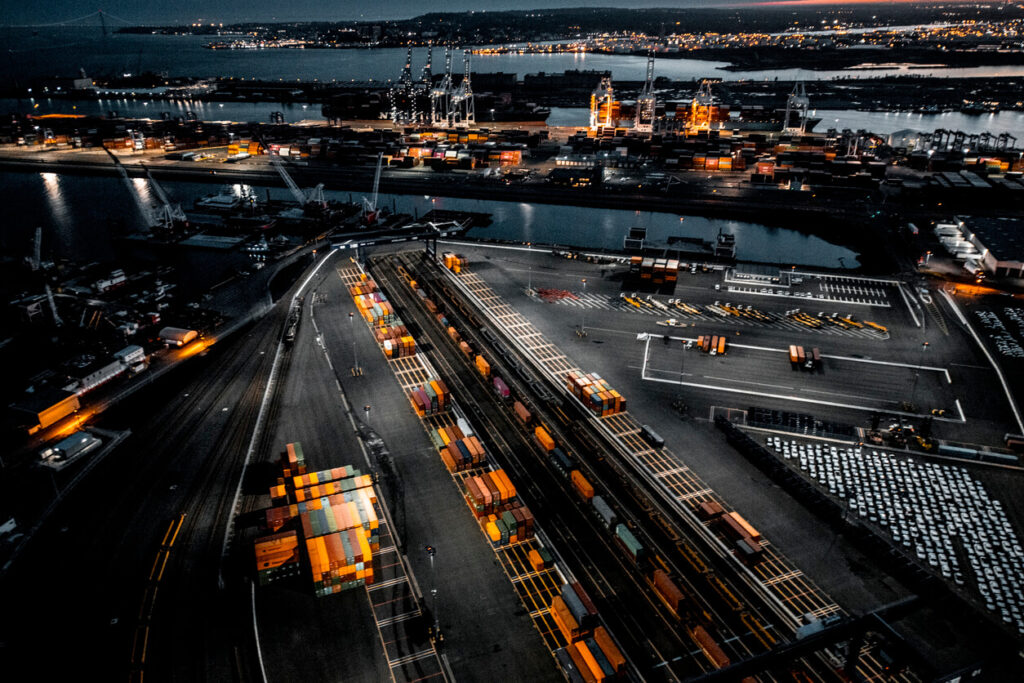Logistics
An unwavering commitment to Sustainable Shipping As would be expected of any organization that stewards institutional capital, we fully embrace the the International Maritime Organisation’s environment protection regulations as befits a responsible freight operator and fixer. A central plank of our sustainability policy is the promotion of practices which minimize emissions reductions, including greenhouse gases and sulphur oxides as well as ballast water treatment.In the world of maritime transportation, sustainability has become a pressing concern, prompting a global shift towards decarbonization. Across key hubs such as Dubai, London, UK, and UAE, initiatives are underway to explore sustainable shipping practices and reduce emissions. The International Maritime Organisation plays a pivotal role in setting regulations to curb pollution and promote environmental protection in maritime freight. Efforts towards decarbonization encompass various strategies, including the adoption of carbon-reducing technologies and the integration of biofuels in shipping operations. These innovations are crucial in mitigating the environmental impact of maritime activities and fostering a greener future for global trade. Additionally, logistics management for agricultural cargos is being revolutionized to ensure efficient and sustainable transportation worldwide.
As the demand for global freight operations continues to rise, there’s a growing emphasis on sustainability and responsible shipping practices. Third-party customers, including miners, utilities, and industrial players, are increasingly prioritizing environmentally friendly transportation solutions. From Dar es Salaam to Geneva, Casablanca to Kansas, and Kyiv to Singapore, the focus on sustainable shipping and decarbonization is driving positive change in the maritime industry.
However, perhaps accelerated by the pandemic, governments are increasingly prioritising ‘food security’ over efficiency gains. Blueprints include infrastructure, transport and logistics to address the delicate balance of managing the balance between supply and demand of critical goods. From conceptualization, through to engineering and procurement, we are well positioned to deliver on food security frameworks which ultimately can be financed in a variety of public-private partnerships
ARIA Commodities

Whilst focussed on agricultural cargos, our freight team also supports a bank of third party customers, which can include miners, utilities and other industrial players. Our shipping operations have a global footprint – at any given moment, we may be transporting Ukranian barley to China, pulses to Europe or cotton to Japan – either on behalf of ourselves or third parties

